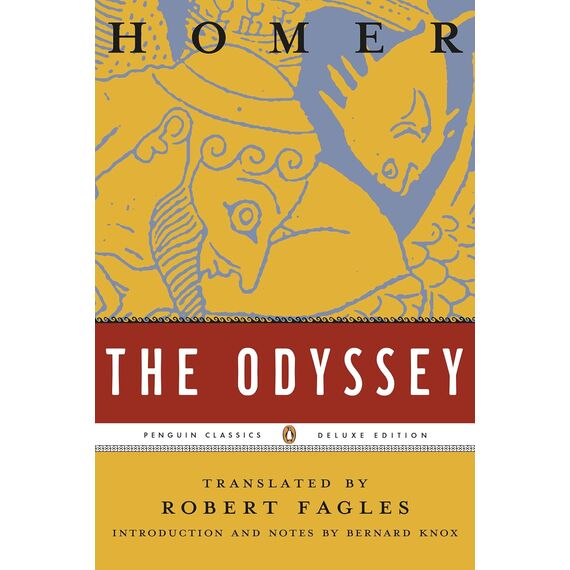The Odyssey by Homer is a cornerstone of classical literature and one of the most influential epic poems in Western culture. The poem recounts the long and perilous journey of Odysseus as he attempts to return home to Ithaca following the fall of Troy. Over ten years, Odysseus encounters treacherous landscapes, mythical creatures, and divine interventions that challenge his courage, wit, and perseverance. The narrative explores universal themes of loyalty, family, heroism, intelligence, and the struggle against fate. Alongside Odysseus’s journey, the poem delves into the experiences of his wife, Penelope, who remains steadfast and clever in warding off suitors, and his son, Telemachus, who grows into his own sense of responsibility and manhood. Homer’s vivid storytelling paints scenes of gods and mortals intertwined in intricate conflicts, highlighting the interplay of human agency and divine will. The poem’s rich language, poetic devices, and episodic structure have made it a model for literary excellence for centuries. The Odyssey is not just a story of adventure; it is an exploration of human resilience, morality, and the enduring power of hope. The struggles and triumphs of Odysseus resonate with readers as they reflect on the challenges of life, the importance of cleverness and resourcefulness, and the significance of returning to one’s roots. Its timeless themes and vivid imagery continue to inspire writers, artists, and scholars, reinforcing the work’s status as an essential text for understanding both literature and the human experience.
No reviews found


